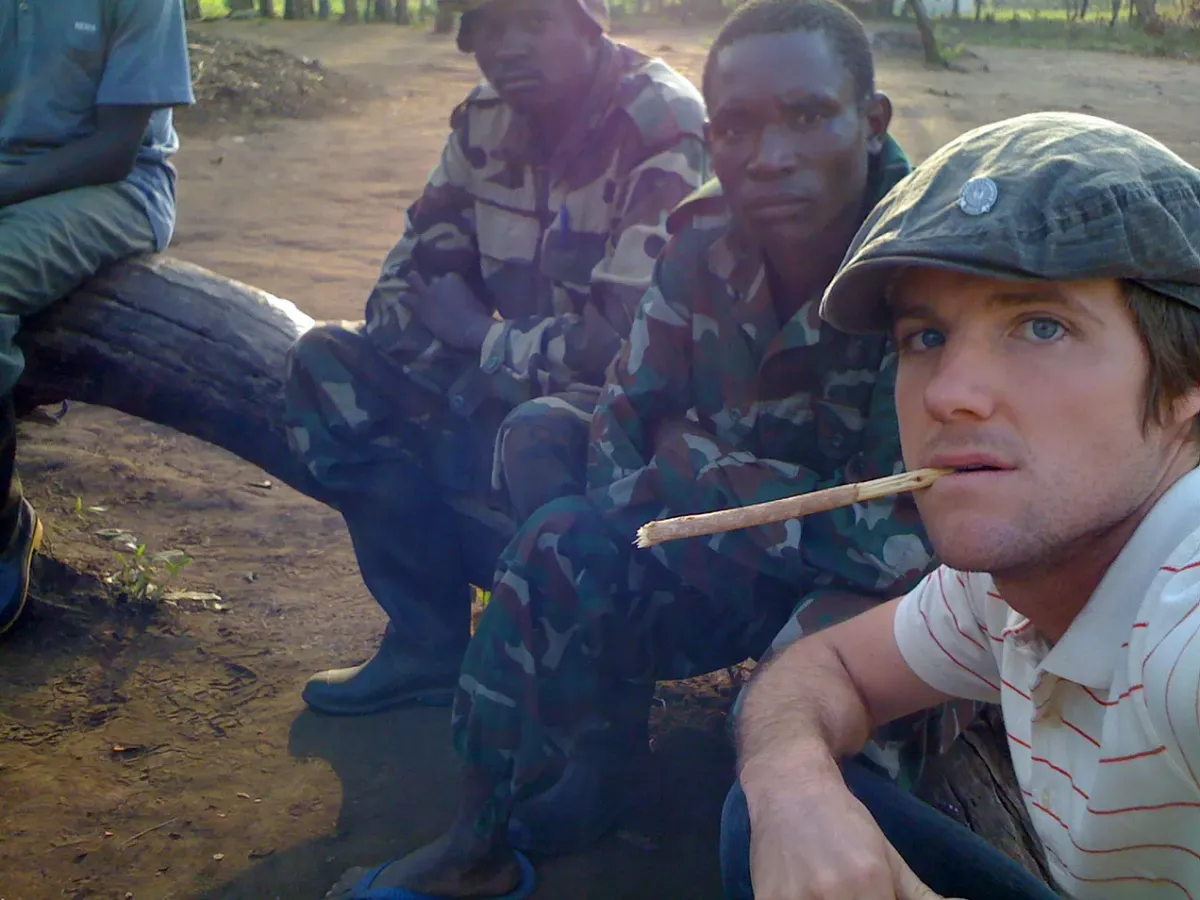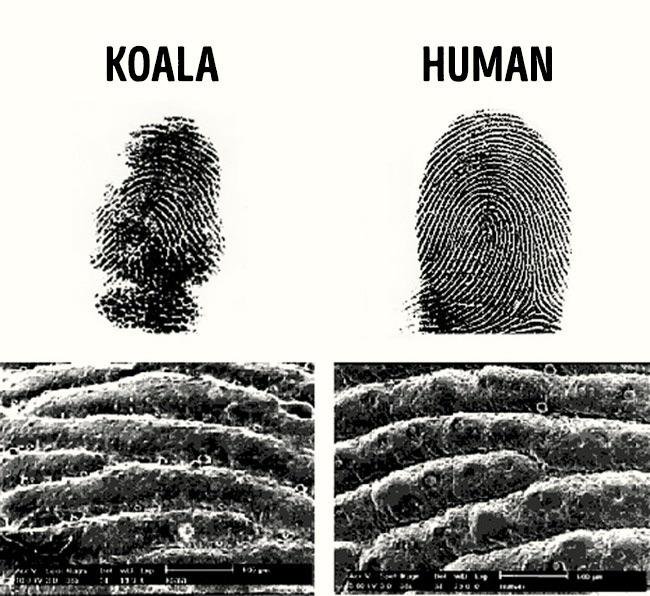His Kony2012 video broke the internet, and broke him

From Emma Madden at Narratively: "March 5, 2012. The staff of the San Diego nonprofit Invisible Children had been working around the clock for the past several months. At midday Pacific time, Kony 2012 went live. A beat. A sigh. The view count hardly budged. Everyone returned to their seats. Jason Russell, the video’s protagonist and Invisible Children’s then-33-year-old co-founder, was in Los Angeles. Jason awoke in the middle of the night to a flurry of texts, all saying “Jason, Oprah has tweeted the video.” Jason began receiving messages from late-night TV hosts requesting to interview him, and from celebrities like Justin Timberlake who wanted to show their support. To this day, many of those messages remain unopened."
Robert Peary's partner Matthew Henson was the first Black man at the North Pole

From Imogen Lepere for JSTOR Daily: "On April 6, 1909, six men and forty dogs stood on a sheet of sea ice floating 413 nautical miles off the coast of Greenland. Their faces were raw after driving at break-neck speed for five days to reach their objective before supplies dried up. They’d made it to the North Pole. For the two American men, Robert Peary and Matthew Henson, the planting of the expedition flag was the realization of a dream they had risked their lives for many times over during six previous (unsuccessful) Arctic missions. Despite this victory, the atmosphere became increasingly strained after the marking of the pole. The next morning, Peary left and later claimed the discovery of the Pole for himself without even mentioning Hansen."
Scientists say crows can reason at the same level as a seven year old

From The Guardian: "New Caledonian crows are as good at reasoning as a human seven-year-old, claim researchers. The scientists subjected six wild crows to a battery of tests designed to challenge their understanding of causal relationships. The "water displacement" tasks were all variations of an Aesop's fable in which a thirsty crow drops stones to raise the level of water in a pitcher. In the study, crows worked out how to obtain floating food rewards by dropping heavy objects into water-filled tubes. They demonstrated an ability to choose objects that would sink rather than float, and solid rather than hollow objects, and they were able to choose a high water level tube over one with a low water level."
Editor's note: If you like this newsletter, I'd be honoured if you would help me by contributing whatever you can via my Patreon. Thanks!
New York Times letter writer recalls the worst whale watching trip ever
:max_bytes(150000):strip_icc()/for-the-spectators-586082757-58252c2b5f9b58d5b11902e7.jpg)
From Phil Nicosia: "My friend Tom runs a popular whale watch cruise out of Sheepshead Bay. Recently, an avid whale watcher and good friend, Buddy, died. One of Buddy’s wishes was that Tom spread his ashes on the ocean he loved so much. So, on a beautiful summer evening, Tom canceled his usual nightly cruise and organized a private memorial service. More than 80 of Buddy’s friends and family members came to say a last goodbye. A serious-looking young woman who sat quietly by herself was among the passengers, but none of the other people, including the crew members, knew who she was. When the boat returned to the dock, Tom thanked her for attending. “Honestly,” she said, “this was the worst whale watch cruise I have ever been on.”
The real-life religious sect that inspired the video game Assassin's Creed

From Neatorama: "In the video game Assassin's Creed, the Order of Assassins battle the Knights Templar. The Knights Templar were real enough, but the Order of Assassins is fictional. However, they are based on tales of the medieval Nizari Ismailis, a breakaway sect of Shiite Muslims that flourished between the 11th and 13th centuries. They were so devout in their beliefs that they were willing to kill and to die to bring the Nizari to power, and keep them there. It got to the point where any political assassination in Egypt or Syria was ascribed to the Nizaris. The version of the sect used in the game Assassin's Creed is more in line with the historical Nizari than traditional Western accounts."
Great white sharks somehow survive with toxic levels of heavy metals in their blood
/https://tf-cmsv2-smithsonianmag-media.s3.amazonaws.com/filer/8d/7b/8d7b565a-ba9e-4fff-92a6-ec036ead6d46/14730719119_3e3d918098_k.jpg)
From Meilan Solly for the Smithsonian: "A new analysis of 43 great white sharks captured and released off of the South African coast suggests the colossal creatures can survive—and even thrive—with high levels of heavy metals lingering in their bodies. The study, published in Marine Pollution Bulletin, draws on blood samples gathered during a 2012 expedition to the region. A team led by marine biologists from the University of Miami identified elevated amounts of lead, arsenic and mercury in sharks of both sexes and varying body sizes. Arsenic and mercury were found at levels that would be harmful or even fatal to most other species, but appeared to have no adverse effects on the sharks’ overall wellbeing."
Koala fingerprints are almost indistinguishable from human ones




